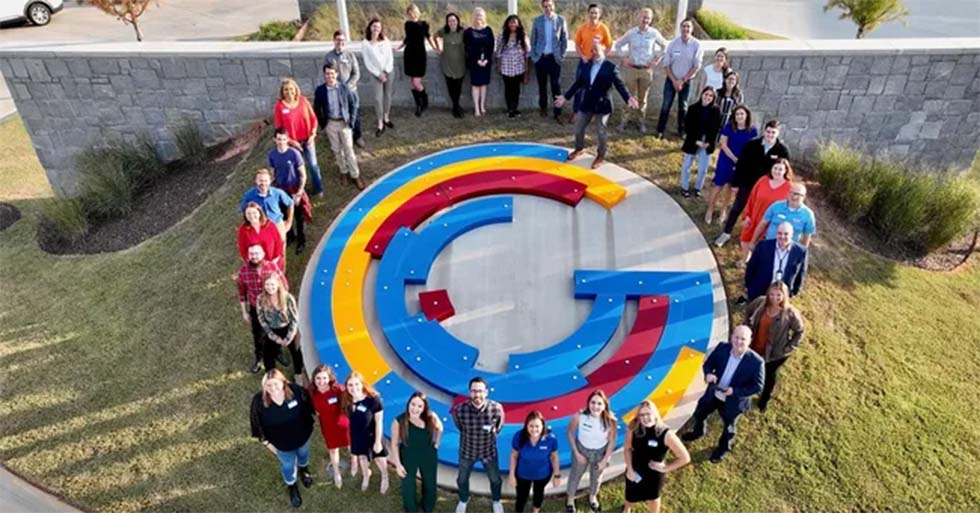TV white space
Last year, the FCC released a rulemaking that included a timeline for the development of rules authorizing the unlicensed wireless use of unused TV spectrum. It was assumed that Congress would wait for the commission to review the issue. However, some legislators want to speed up the deployment process.
Senators John Kerry, D-MA, and John Sununu, R-NH, have introduced similar, yet separate, bills that would require the FCC to complete its rulemaking proceeding and issue a final order by Oct. 1, 2007, and permit unlicensed usage of the TV spectrum by Feb. 18, 2009, the date marking the end of the DTV transition.
The bills also would require the commission to establish technical requirements to protect incumbent primary TV licensees and require the commission to initially accept applications for the certification of unlicensed devices by Dec. 1, 2007. The bills would permit the commission to conduct field testing in a “limited number of markets,” with the testing to be completed before the initiation of the equipment certification process, or by Dec. 1, 2007.
Senator Kerry's proposal would permit the commission to solicit public comment on the field testing results, but only if the comment period could be completed within 180 days of enactment, or by Oct. 1, 2007. Senator Sununu's version also leaves open the possibility that a portion of the spectrum could be licensed (instead of being dedicated to unlicensed devices), and, if so, would require that spectrum to be distributed via auction.
Neither bill has been voted out of the Senate Commerce Committee, and no hearings have been scheduled. However, the reintroduction of the white space debate brings up a series of issues that the FCC thought it had postponed by issuing the rulemaking. If one of the bills were to become law, the FCC would have to deal with several matters in the short term, including:
- conducting field tests in 180 days on equipment that has yet to be produced;
- determining what spectrum should be licensed and what should be unlicensed; and
- developing certification procedures for yet-to-be-produced products.
Also looming over the FCC is negotiating the overall threat of interference from unlicensed devices. The mixture ensures broadcasters and the FCC will be watching the pending legislation with interest during the coming months.
In other news: Court limits reach of McCain-Feingold
The professional video industry's #1 source for news, trends and product and tech information. Sign up below.
In December 2006, a three-judge federal court ruled that even though certain issue ads by an advocacy group mentioned a candidate for federal office by name, none of the ads violated the McCain-Feingold law. The law prohibits corporations and labor organizations from making electioneering communications during the 60 days before a general election or 30 days before a primary election. An electioneering communication is generally defined as any paid broadcast, cable or satellite programming that refers to a federal candidate.
Two of the three judges concluded that the ads did not constitute express advocacy and that a mere reference to a federal candidate does not transform a permissible issue ad into electioneering communication. The Supreme Court will review the case. If upheld, this ruling could open new advertising possibilities for issue advertisers during the weeks leading up to next year's primary and general elections.
Harry C. Martin is a past president of the Federal Communications Bar Association and a member of Fletcher, Heald and Hildreth PLC.
Dateline
April 2 is the deadline for TV, Class A, LPTV and translator stations in Delaware and Pennsylvania to file their 2007 renewal applications. TV, Class A and LPTV stations that originate programs also must file EEO Program Reports (Form 396) along with their renewals.
TV stations in the following states must file biennial ownership reports by April 2: Delaware, Indiana, Kentucky, Pennsylvania and Tennessee.
Also by April 2, TV, Class A and LPTV stations originating programming must place annual EEO reports on their Web sites and/or in their public files. The public file requirement applies to full-power TV stations only.
Send questions and comments to:harry.martin@penton.com
